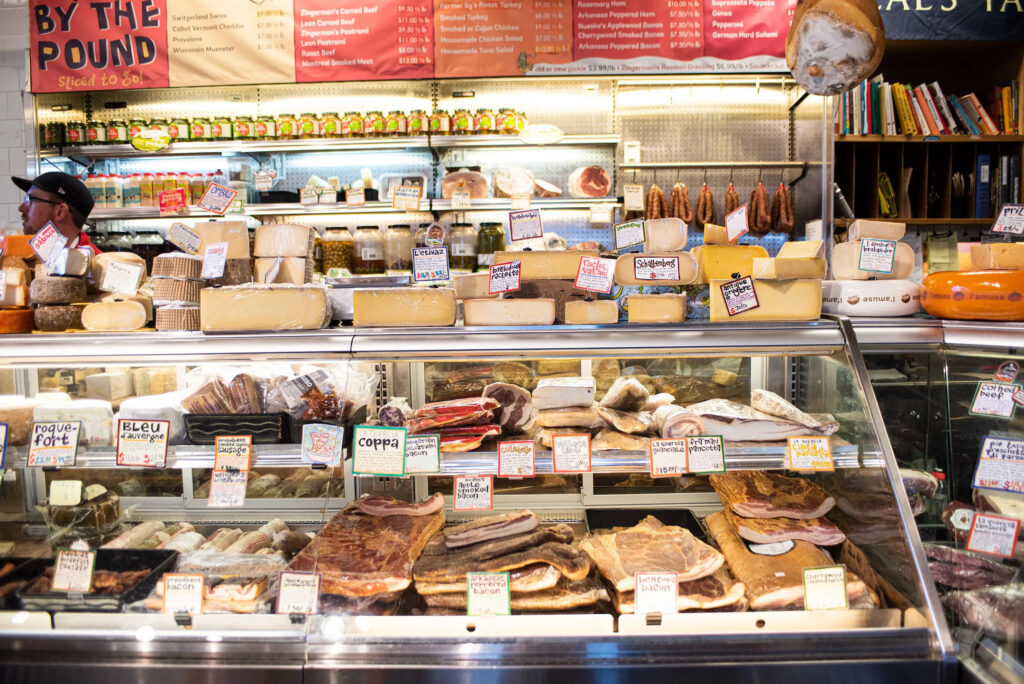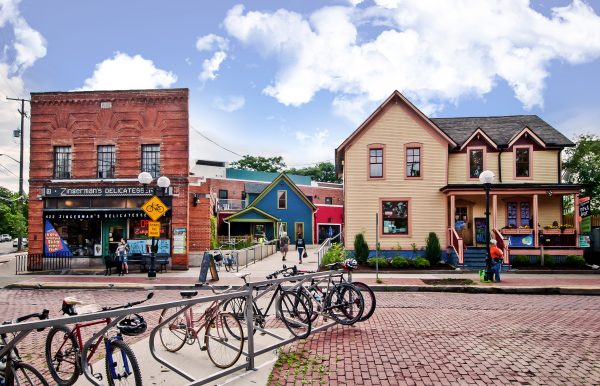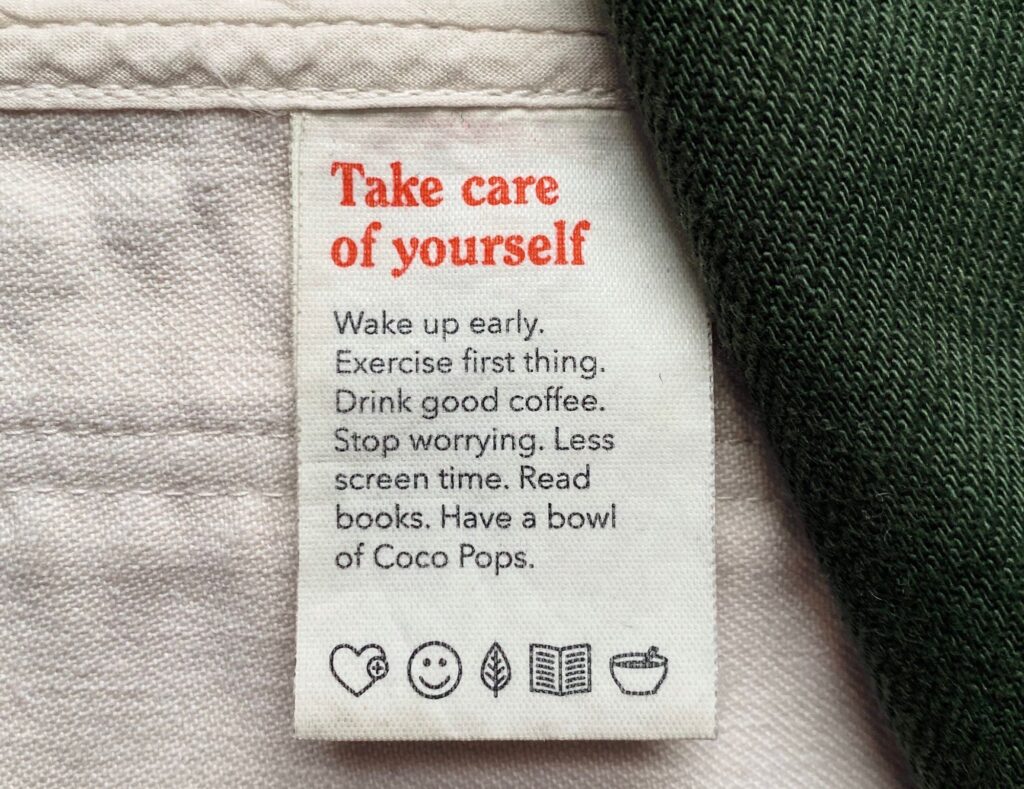Why Wildbit’s Belief that Businesses are Imaginary Could Become the Future of Work

Sales grew for years, then suddenly plateaued.
Natalie Nagele and her husband Chris Nagele, the co-founders of software company Wildbit, immediately leapt into solution mode.
They were determined to figure out why the company’s growth plateaued and identify what they needed to do to kick start it again.
That is until they asked themselves why they cared so much about growth. In the end, the duo realized they wanted a business that served humans, not the other way around. They fixed their growth problem, but not in the way you’d expect.
Featuring insights from Buffer’s Small Business, Big Lessons podcast episode five, and the accompanying unpublished interview, Natalie shared Wildbit’s journey from a growth-focused business machine to a company that’s excited to find ways to work less.
Flipping the business script
When Wildbit’s growth plateaued after years of success, Natalie and Chris felt out of control. The business they’d poured their hearts and souls into suddenly hit a wall, or so it seemed.
“We felt up until that point, that growth was just happening to us,” said Natalie. “We weren't really responsible for it. So, when we hit a plateau, we felt very out of control.”
Thinking strategically about what to do next, they decided to take a step back and look at the big picture. Instead of wondering how to tweak a certain ad or launch a new campaign, they asked themselves what the business was really for, why growth needed to continue at its previous rate, and if a plateau was really a bad thing.
The two started asking people they trusted for advice. One conversation particularly stuck out to Natalie though. She was talking to a banker friend about the situation, and the banker told her that businesses are a tool to “keep building wealth.”
“What does that even mean?” said Natalie, on the idea that a business is just about continuing to build wealth. Of course, she understood the concept of having more money – and wanted that – but she had a gut feeling that business had to be about something more than just money.
Thinking more about it, Natalie concluded that a business is flexible and malleable as long as it acts in the best interests of the people it serves.
“I believe businesses were designed by humans and therefore exists to do good for humans and they serve us,” said Natalie.
Specifically, Natalie believes that businesses are made to serve four constituent groups:
1. Shareholders: Those with financial backing and incentive in the company.
2. Employees: The people who make the business run on a day-to-day basis.
3. Community: Anyone external to the organization who is impacted by the organization (including families of employees and people who live in the local community where the business operates).
4. The Environment: Being good stewards of the planet.
With the realization that businesses should serve humans, Wildbit changed its mission. Instead of focusing on growth and building wealth, Natalie and Chris reset to building a people-first business.
“Anytime we're making a decision, we're saying, who does this serve?” said Natalie.
<h2 …read more
Source:: Buffer Blog












